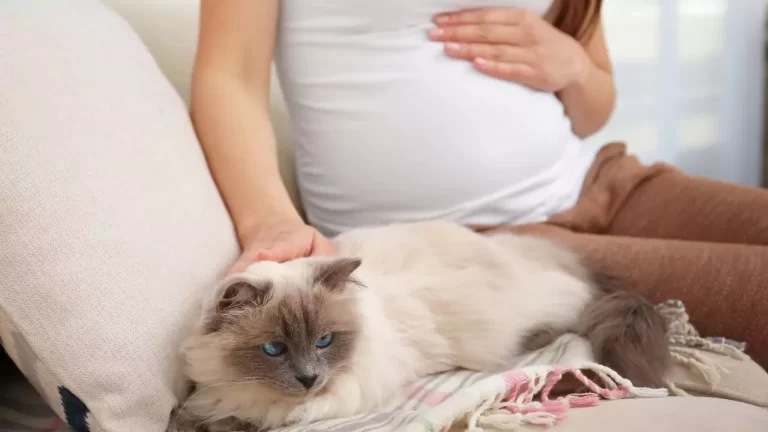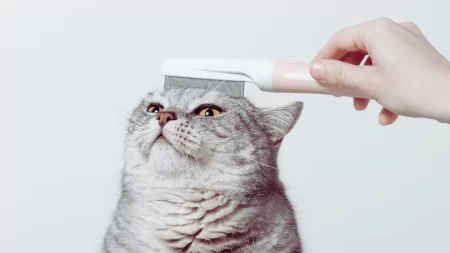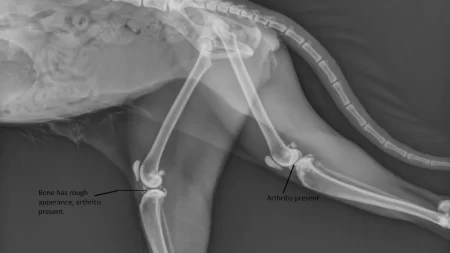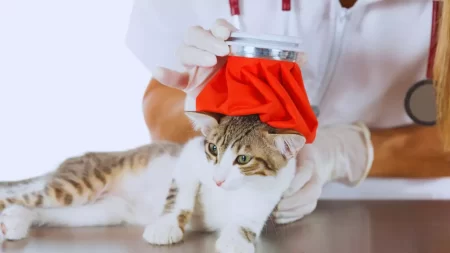No, cats do not cause infertility. There is a common myth suggesting a link between cats and infertility, particularly in women. However, there is no factual basis for this claim.
The idea may have originated from the misconception that cats can transmit certain parasites, such as Toxoplasma gondii, which can lead to toxoplasmosis.
Toxoplasmosis is a concern for pregnant women, as it can potentially cause miscarriage. It is important for pregnant individuals to avoid cleaning cat litter boxes to minimize the risk of exposure to toxoplasmosis.
Common Myths about Cats and Infertility
Some people believe that cats are carriers of diseases that cause infertility, such as toxoplasmosis or cat scratch disease. Toxoplasmosis is an infection caused by a parasite that can be found in cat feces, soil, or raw meat. Cat scratch disease is a bacterial infection that can be transmitted by a cat bite or scratch. Both of these diseases can have serious complications for pregnant women and their unborn babies, but they do not affect fertility in men or women who are not pregnant.
Another myth is that cat hair can lead to fertility issues, especially in women. Some people think that cat hair can block the fallopian tubes, interfere with ovulation, or cause allergic reactions that affect fertility. However, there is no evidence that cat hair has any impact on fertility. Cat hair is not different from human hair or any other type of animal hair. It cannot enter the reproductive organs or cause any harm to them.
The Truth about Cats and Infertility
The truth is that cats do not cause infertility in humans. In fact, cats can have positive effects on human health and well-being. Cats can provide companionship, comfort, and stress relief. They can also lower blood pressure, reduce the risk of heart disease, and improve immune system function. These benefits can improve the overall health and fertility of cat owners.
However, this does not mean that cat owners should ignore the potential risks of owning a cat. Cats can still carry diseases that can affect humans, such as rabies, ringworm, or salmonella. Therefore, cat owners should take proper precautions to prevent infections and diseases. These include:
- Keeping the cat indoors or in a fenced area to avoid contact with wild animals or other sources of infection.
- Cleaning the litter box regularly and wearing gloves when doing so. Pregnant women should avoid handling the litter box or ask someone else to do it for them.
- Washing hands after touching the cat or its belongings, such as toys, bedding, or food bowls.
- Feeding the cat a balanced diet of commercial cat food and avoiding raw meat or eggs.
- Taking the cat to the veterinarian for regular check-ups, vaccinations, and parasite control.
By following these simple steps, cat owners can enjoy the benefits of having a cat without worrying about infertility or other health problems. Cats are wonderful pets that can enrich the lives of their owners and their families. They do not cause infertility, but they can bring joy and happiness. 🐱







